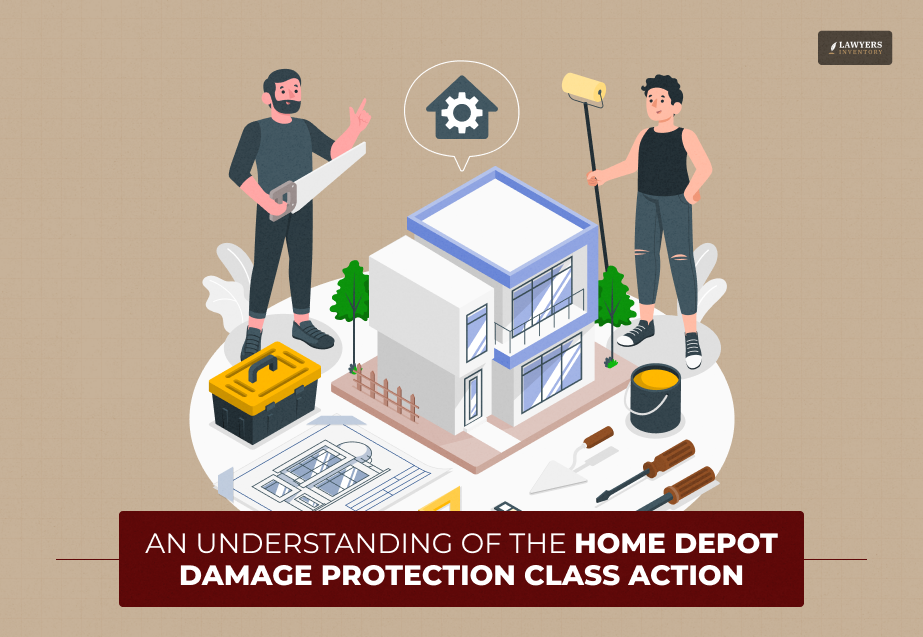
The Home Depot damage protection class action is a landmark legal case against The Home Depot U.S.A., Inc.. It deals with their tool rental practices. At the center of it all are consumer overcharging claims.
Particularly, the lawsuits allege Home Depot has inappropriately charged consumers for a “Damage Protection” service. Additionally, consumers might have paid too much in late fees.
This Home Depot equipment damage protection class action is picking up considerable steam from consumers who have rented hardware from the retail giant.
The objective of these lawsuits is to serve as a class action representative for potentially thousands of customers who say they were damaged financially.
We will dissect the claims, the legal process to date, and what it does for you.
The Tool Rental Damage Protection Program Explained
If you take a tool or equipment for rent from The Home Depot, the firm usually provides or charges an optional “Damage Protection” or “Damage Waiver” fee. This fee is usually a percentage of the cost of renting, e.g., 10% or 15%.
What Is Damage Protection / Damage Waiver In Tool Rentals?
The charge is intended to protect the customer from loss in the event of accidental damage to the rented item. The terms and scope of such protection, though, are central to the Home Depot damage protection class action.
Consumers are alleging that the actual scope of the offered protection was significantly more limited than represented. O’Neill v. Home Depot U.S.A., Inc. is a seminal case that has analyzed the contractual terms of the service.
How Home Depot’s Tool Rental Program Functions And Typical Agreements
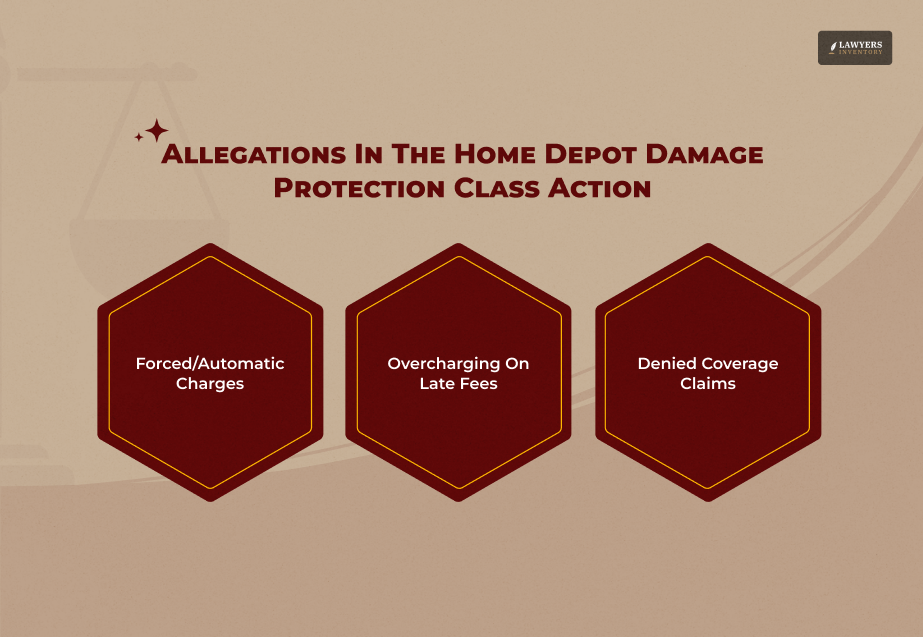
Home Depot’s contracts have evolved. The provisions concerning damage protection and late charges in the 2015 and 2022 agreements are at the heart of the lawsuits. Complaints in the Home Depot damage protection class action claim that the firm’s use of these agreements could have resulted in overcharging. Particularly, it deals with how late charges would be calculated and if the damage protection fee itself would be added.
Pivotal Charges Propelling The Home Depot Damage Protection Class Action
Several suits are proceeding, each addressing particular contractual or statutory infractions. All of them revolve around the focal point: the rightful price of renting tools and the legitimacy of the corresponding fees.
Excessive Damage Protection- Surcharging On Delayed Fees
One of the main allegations in the Home Depot damage protection class action lawsuit is that Home Depot supposedly charged the damage protection fee in addition to late fees. For instance, if a consumer had a late charge for a past-due rental, the damage protection percentage was tacked on top of this charge.
Thus, this would be surcharging the late charge itself. Plaintiffs claim that this practice pushed the cost above what the contract or consumer laws allow.
Forced Or Default Damage Protection Add-On Without Opt-In
A few cases claim that Home Depot charged the Damage Protection fee as a mandatory or default amount with no clear opportunity for the customer to opt out.
The Home Depot damage protection class action claim is that consumers could have been coerced into paying the non-optional fee for a service they did not want or thought was unnecessary. This “coercion” aspect is a significant part of a more recent filing, the Simmons claim.
Alleged Breach Of Contract
Finally, the plaintiffs make a Home Depot class action complaint on the grounds of a breach of contract. By overcharging, not adhering to the terms agreed under the damage waiver, or compelling a fee that was not mandatory, Home Depot could have breached its contract with thousands of its customers. This is the legal foundation of the overall Home Depot damage protection class action.
Read Also: No Demo Reno Lawsuit – What Homeowners Must Know Before a ‘No-Demo’ Renovation
Procedural History And Status Of The Lawsuits
The legal process for the Home Depot damage protection class action is not straightforward. It has several filings, motions, and court rulings.
Timeline And Significant Court Rulings
Now, let’s check out some developments on the timeline and significant court rulings.
First Filings: Cases such as the E&G Enterprise claim and the Mathews case were lodged.
Case Dismissal (Mathews V. Home Depot)
One of the major events was the dismissal of the Mathews case in February 2025. This is not the end of the lawsuit, but it indicates the difficulty plaintiffs have in defining the class and establishing legal claims.
Newer Filings: After dismissal, other lawsuits, like the Simmons complaint, have been lodged. These filings tend to make more precise legal arguments to surmount the problems that resulted in previous dismissals.
The Home Depot damage protection class action is thus an ongoing, developing legal process.
Class Certification And Anticipated Schedule
The most essential obstacle facing any Home Depot damage protection class action is Class Certification. The court has to hold that the pool of customers (the “class”) is sufficiently large, and that their legal rights are adequately similar (commonality and typicality) to be heard as a single unit of lawsuit.
Until a class is certified, the case remains a series of individual suits or an individual suit. Consumers should keep an eye out for news on class certification status.
Consumer Guidance And Best Practices
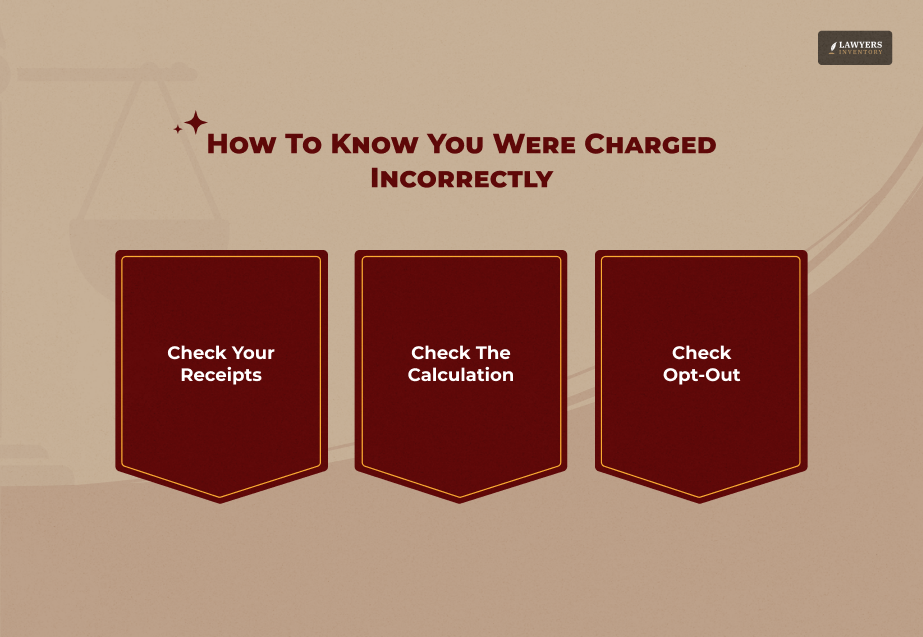
If you have rented equipment from Home Depot, you might be curious if you are in the Home Depot damage protection class action.
How To Check Whether You Were Charged Incorrectly?
Want to check if you were charged incorrectly? Let’s find out.
1. First, Check Your Receipts: Check your rental agreements and receipts, particularly those indicating late charges. Check for the “Damage Protection” line item.
2. Next, Check the Calculation: Was the Damage Protection percentage charged on the whole bill, including the late fee amount?
3. Finally, Check Opt-Out: Did you attempt to waive protection? Was the fee then added? Keeping this evidence is crucial for any Home Depot damage protection class action claim.
- Retain Evidence (Contracts, Invoices, Tool Return Dates)
- Keep everything. Keep hard or electronic copies of:
- Rental Contracts
- Invoices and Receipts
- Credit Card Statements detailing the charges
- Any late return correspondence
This evidence would be required if you receive a notice of settlement or if the Home Depot damage protection class action advances.
Be Cautious Of Phishing / False Settlement Offers
Be extremely wary of any unsolicited calls or emails about a “settlement.” Official notices for the Home Depot damage protection class action will be made by the court-appointed administrator. Never pay a fee to join or to get a settlement check. This is a common class action scam trick.
Read Also: Trajector Medical Lawsuit: Grievances, Legal Problems, And Veteran Testimonies
FAQs On The Home Depot Damage Protection Class Action:
The Home Depot damage protection class action against the store is currently underway, claiming overcharging tool rental damage protection and late fees. Hold onto all your rental receipts and keep watching official court sources for news of class certification to safeguard your rights.
Yes, the fundamental issues posed by the Home Depot damage protection class action remain ongoing. Although the Mathews case was dismissed in early 2025, new and alternative lawsuits like the Simmons complaint have been initiated.
These new initiations are frequently strategic, trying to address the legal shortcomings noted in the previous dismissal. Thus, they serve in keeping the Home Depot damage protection class action lawsuit ongoing.
You are likely to be notified only when the class is duly certified by a court. If the class is certified, a court-appointed administrator will mail or email a formal notice to everyone who is a potential class member. However, their contact information should be available.
This Home Depot damage protection class action notice will inform you what you must do.
The plaintiffs are asking for monetary damages for the overcharges on the damage protection fee and excessive late fees. They are also asking for pre-judgment interest on the overcharged amounts and payments for litigation costs.
Additionally, they also ask for an injunction compelling Home Depot to modify its allegedly unfair business practices regarding the damage protection and late fee system. Remember, it is all a part of the Home Depot damage protection class action relief.






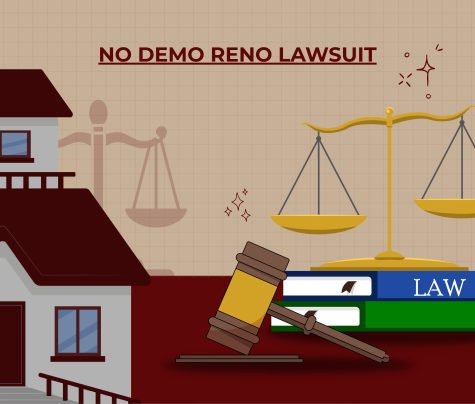


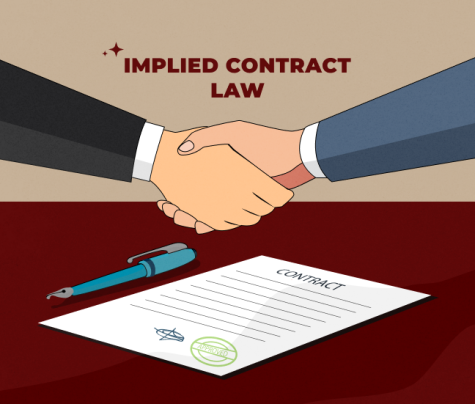
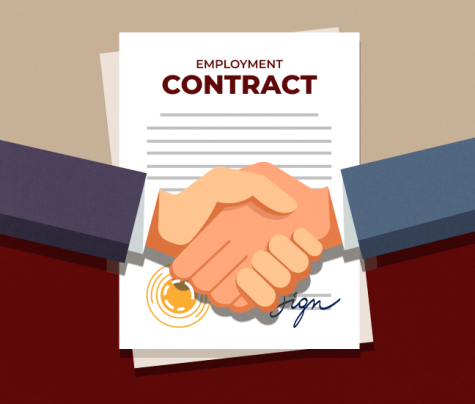

0 Reply
No comments yet.